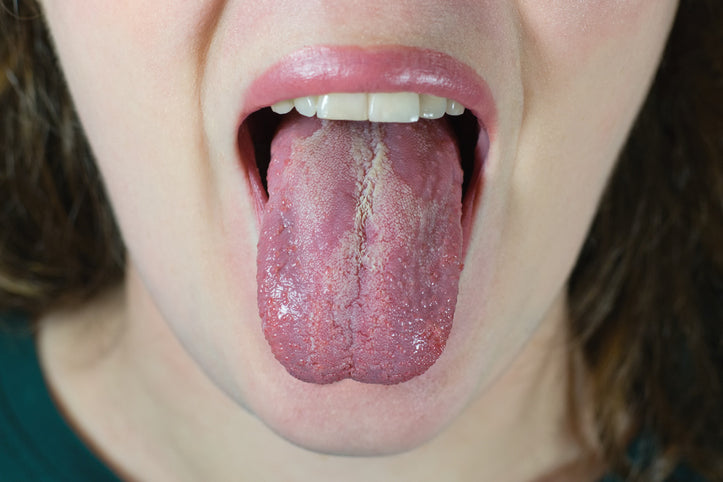With global health agencies officially categorizing artificial sweeteners bad for your health, it's a great time to explore natural sugar alternatives—and possibly rethink our entire relationship with conventional sugar.
While it can be a challenge to avoid aspartame, saccharin, sucralose, stevia and erythritol—all found in most sugary beverages and processed foods today—it's also an opportunity to try healthier options. Here are a few to keep in mind the next time your sweet tooth kicks in.
Natural Sweetener Option #1: Coconut sugar
My top pick for a sugar alternative, coconut sugar, is harvested from coconuts but tastes nothing like it. In fact, it has more of a caramel, brown sugar taste to it. Plus, it doesn't spike blood sugar as much as conventional sugar does, and it contains trace amounts of vitamins and minerals. I use it as a replacement for cane sugar in coffee and when baking cookies.
Natural Sweetener Option #2: Monkfruit
Native to Southeast Asia, monkfruit is extracted and dried into a powder that's used as a natural sweetener. The fruit contains antioxidants and is considerably sweeter than sugar, so a little goes a long way. And as long as the monkfruit you're buying doesn't contain stevia (many brands do), it's a good natural alternative to sugar that shouldn't negatively affect blood sugar levels.
Natural Sweetener Option #3: Collagen
Who knew ground-up bones could actually taste sweet? Not me, until I tried it as a delicious addition to my coffee. Like with monkfruit extract, though, read the label of any collagen product you're considering. Many contain stevia and erythritol, which have recently been tied to an increased risk of heart attack and stroke.
Natural Sweetener Option #4: Honey
Chemically, honey and traditional sugar are the same, but it doesn't raise blood sugar nearly as much. It also contains so many vitamins, minerals, antioxidants and beneficial plant compounds that it's basically a sweet superfood. Plus, local honey is great for combating seasonal allergies naturally.
Natural Sweetener Option #5: Maple syrup
While it has a high sugar content, maple syrup is a solid natural sweetener because it's loaded with minerals and antioxidants. Just make sure you're opting for maple syrup that's darker in color, which generally means it's less refined and therefore closer to its natural state.
Natural Sweetener Option #6: Fruit
Applesauce, bananas and other whole fruits like dates are used in lots of recipes in place of table sugar. They're also great to blend into smoothies and satisfy your sweet tooth. And of course, every fruit on the planet contains vitamins and minerals, as well as beneficial fiber for optimal gut health.
Surprise Suggestion: Traditional sugar!
Stick with me on this! It may be time to rethink how you think about sugar. It's not inherently bad for us. In fact, our bodies need it for fuel. Like with anything else in life, moderation is key. I always keep organic cane sugar on hand so I can use it in a pinch!




